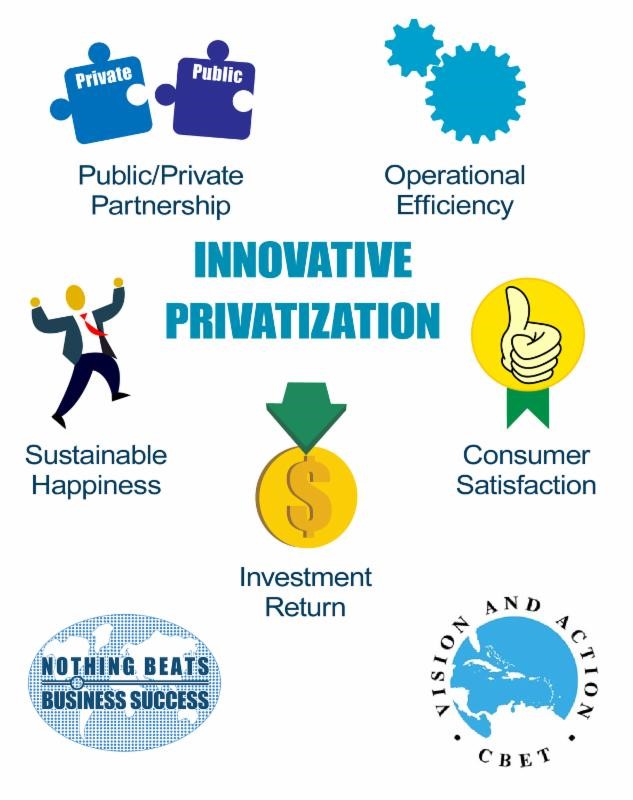“There is one body and one Spirit.” – Ephesians 4:4
In any society the ultimate objective of right thinking political, trade union and private sector leadership should be to design a structure for society so as to ultimately engender happiness among the people that they serve. This means that addressing issues such as net foreign exchange earnings, use of natural resources, education and training, high productivity employment for fair compensation, transportation, health and sanitation, food, clothing and housing is paramount.
These may be partitioned into productive sector issues and service sector issues. The productive sectors, which are traditionally the domain of the private sector (structured to do business), grow the economy through enterprise development and boost net foreign exchange earnings whereas the service sectors (the domain of the civil service) create the enabling environment. Traditionally, the trade unions have accepted the challenge of ensuring that employee development and fair treatment is optimal and, as such, their services have been in demand across the public and private sectors. The trade unions can make a further contribution to the national agenda on the subject of “high productivity employment for fair compensation”.
In the private sector, the focus is on growth by aggressively trying to achieve high returns on time and money investment. In the public sector, the role is one of creating laws and spending taxes and loans wisely. Collectively, the manifestation of their efforts should be consumer (residents, visitors and buyers abroad) satisfaction which can best be achieved through high levels of operational efficiency. At the end of it all we are in search of sustainable happiness.
In Barbados at the moment, leadership is grappling with finding a solution to a water distribution and garbage collection problem. Traditionally, solutions to these matters fall in the domain of the public sector. However, if this is not working for whatever reasons, we can skillfully access the private sector’s financial and business resources. This process of privatizing means involving the private sector in the domain of public sector space.
I am respectfully suggesting that an innovative solution is likely to be found in a public/private partnership but this means that tradition has to be compromised and egos managed in the interest of the people.
I am further suggesting, based on recent experiences, that the way to privatize an enterprise or an industry which was previously managed by the public sector is to establish a Trust, the beneficiaries of which are the people. Appoint private sector Trustees to address corporate governance issues including private sector models for the management of business systems; invite private and public sector investment on which a return will be expected; ask the Trustees to lodge a copy of the operating rules of the Trust with government; and report to government on a quarterly basis to give an account of their stewardship. This is an example of an effective public private partnership.

Let us recognize that our national public and private sectors are only different in the context of certain specific roles which they are best suited to perform. In terms of best serving the nation, however, we are all created from the same spiritual substance and would best practise in partnership to achieve objectives of national growth, development and happiness.
(Dr. Basil Springer GCM is Change-Engine Consultant, Caribbean Business Enterprise Trust Inc. – CBET. His email address is basilgf57@gmail.com and his columns may be found at www.cbetmodel.org and www.nothingbeatsbusiness.com.)
